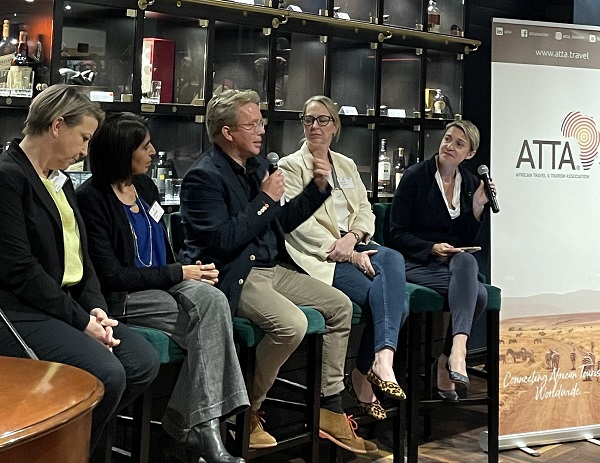3 elements of local economic development in tourism
Social responsibility and local economic development is as much – if not more – about supporting and developing local communities as it is about efforts to mitigate bigger challenges, like global warming, pollution and exploitation of local resources.
This is why cultural appreciation, local procurement and hyper-local recruitment are increasingly part of how we talk about the tourism industry’s role in local economic development (LED).
Here’s what they look like in practice.
Cultural appreciation and preservation
Local people, communities and cultures attract tourists to an area, which makes cultural appreciation and preservation important aspects of sustainable tourism.
Hospitality companies must understand and respect the culture and heritage of the destinations they serve. They should partner with locals to share and celebrate their culture with tourists in a respectful way that is remunerated fairly.
Here are ways to do that:
- Promote local artists and artisans: Feature local artwork in rooms, serve meals on plates hand-painted by locals and sell local products in gift shops.
- Educate your guests: Put information brochures in rooms, talk about the local culture and partner with other businesses in the area to offer cultural activities, tours and experiences.
- Protect heritage sites: Encourage guests to visit local heritage sites.
- Celebrate local customs and traditions: Serve and celebrate local food, play traditional music, sponsor a cultural festival, honour traditions and offer guests crash courses in the native language.
Local procurement
Local procurement plays an important role in supporting the local economy and promoting sustainability.
When buying local, you boost the economy, improve the livelihoods of residents and can offer your guests something they won’t get anywhere else in the world: a little taste of life in your location.
Source products and produce from local businesses like butchers, grocers, farmers and artisans. Use established businesses and existing services like laundry, shuttle and delivery services, safari tours, gardening and general maintenance.
The collateral benefits are also compelling: lower transport costs and emissions, a more sustainable, transparent and socially responsible supply chain and strengthened community relations.
Hyper-local recruitment
By offering employment and training opportunities to locals, you help them make the most of opportunities to earn an income and can create a more sustainable and socially responsible workforce while also providing a better experience for guests.
Hiring locally also allows you to nurture the skills your business needs, for example, by creating learning opportunities for students who could prepare traditional meals, take guests on guided tours or offer other services, like spa treatments.
When staff are familiar with the local area, culture and customs, they can offer better customer service as they will beare better able to assist acquaint guests with an element of cultural authenticity that cannot be faked.
Other benefits of hyper-local recruitment include increased employee engagement and loyalty and improved community relations. Positive engagements with tourists and community attachment play a critical role in the residents’ perceptions of the economic, environmental and socio-cultural impact of tourism, and it’s just another example of sustainability in action.
Want to learn more? Read our article about social responsibility in tourism.
The Long Run and The Conscious Travel Foundation recently ran an insightful Indigenous Tourism Webinar. The key findings can be read here, or watch the webinar.

Start a free trial today to see how Weeva can help you measure your community impact.

Nwabisa Mjoli
Sustainability Content and Support Lead | Weeva
Nwabisa Mjoli is integrally involved in the ongoing content creation and best practice material guides for the Weeva Sustainability SaaS product, as well as supporting users. Nwabisa previously worked with the Grootbos Foundation engaged in community-based learning projects that promote the strengthening of sustainable livelihoods. Nwabisa completed a Bachelor of Science at Rhodes University with majors in Environmental Science and Geography and a Master’s in Environmental Science with a focus on natural resource management in rural communities of the Eastern Cape. She is based in the Cape Town office.
Want to learn more about Community Impact?
Provide your details to download the Weeva Educational Guide on Community Impact.
Other content you may like

Local communities and sustainable tourism

ATTA partners with Weeva
